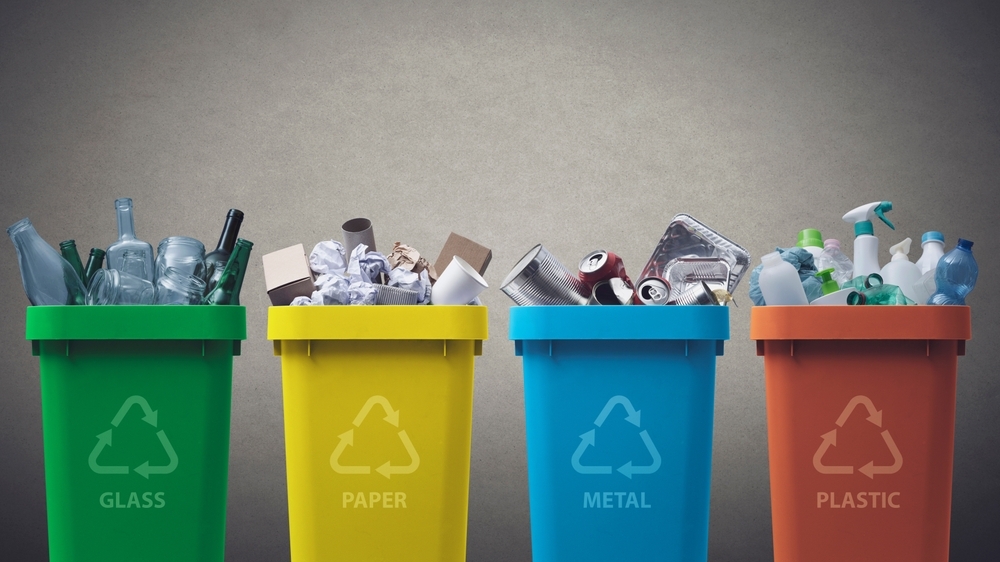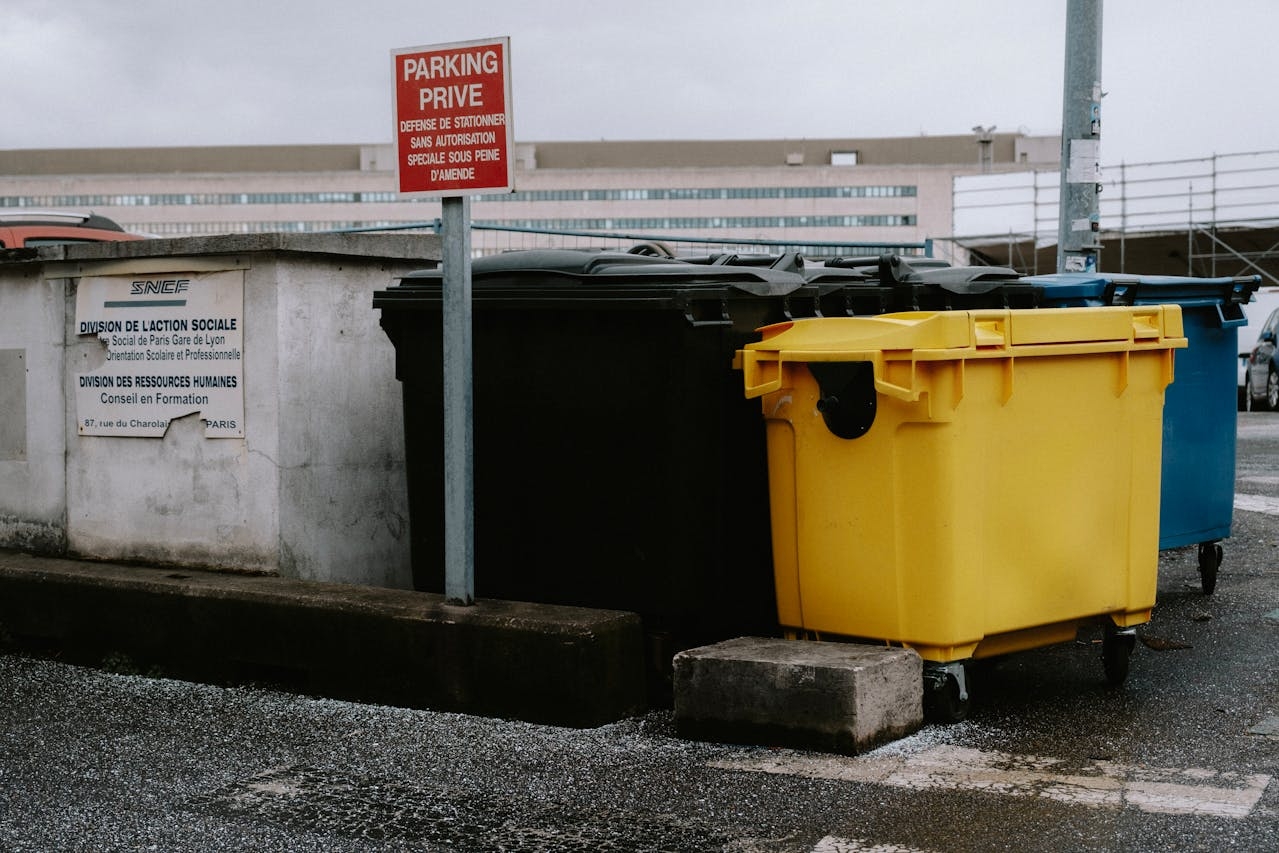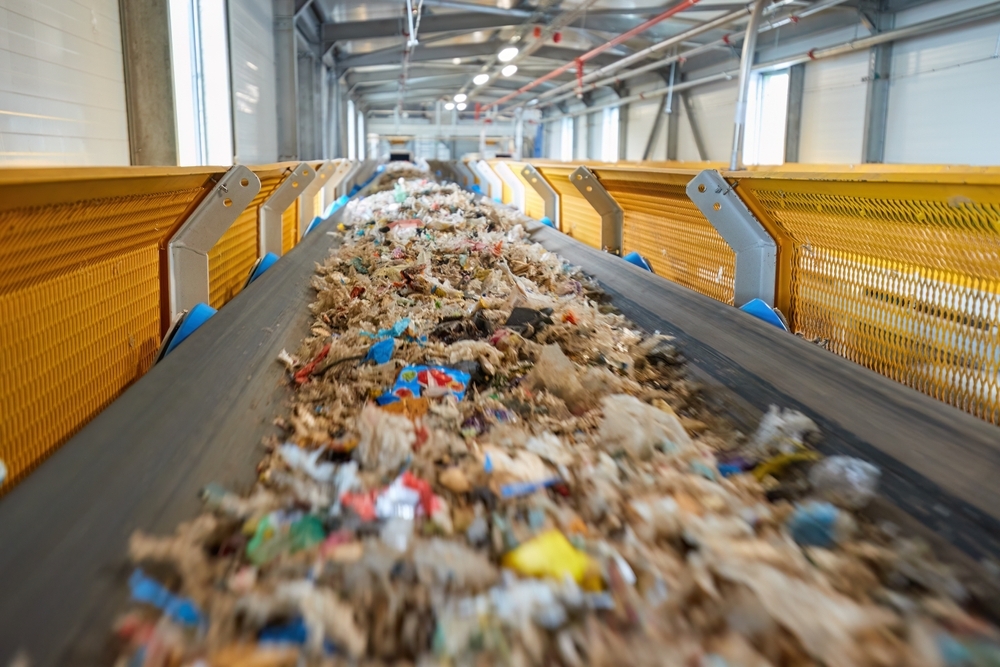Hotel Waste Management: Strategies for Effective Reduction and Recycling
By Anttoni Taimela · 18. April 2024
This guide provides insights on reducing waste, enhancing recycling efforts, and keeping up with eco-friendly consumer trends in the hotel industry.
Learn about cost-effective strategies, the latest technologies in waste management🚮 and how hotels are fostering a culture of sustainability🌱.
Key Takeaways
- Hotels manage diverse waste, tailoring strategies to material biodegradability.
- Effective waste management in hotels reduces costs and environmental impact.
- Hotels can enhance recycling through strategic bin placement and adopting practices like composting and food donations.
Understanding Hotel Waste Dynamics
 hotel food waste after a party
hotel food waste after a party
With their busy kitchens, busy lobbies, and occupied rooms, hotels are a significant source of waste.
From food scraps to plastic containers, the diversity of waste produced is immense, with main components being:
- organic materials
- paper
- plastic
- glass
- metal
These waste items can typically be categorised into biodegradable and non-biodegradable materials, which influences the strategies used for their disposal.
You might be surprised to learn that food storage methods have a significant impact on waste management.
Proper storage conditions, such as maintaining the right temperature and minimising exposure, can prevent spoilage and reduce waste in the hospitality industry.
Sources of Waste in a Hotel
Where exactly are the main sources of waste in hotels?
- Kitchens, which generate food scraps
- Guest rooms, which contribute paper and plastic waste
- Event spaces, which create a blend of food and packaging waste.
But there’s also:
- Food waste
- Plastic bottles and containers
- Paper and cardboard
- Glass bottles
- Electronic waste
- Hazardous materials
- Textiles
- Metals
These waste materials originate from offices, maintenance areas, and dining facilities.
Waste management in hotels is a challenge, requiring a comprehensive and strategic approach.
The Business Case for Reducing Hotel Waste
 collection waste bins full of different types of waste
collection waste bins full of different types of waste
Reducing waste in hotels not only helps the environment but also makes economic sense.
Implementing effective waste management practices can lead to financial savings by reducing landfill fees and disposal costs.
This approach not only maximises resources but also enhances profitability.
Recycling initiatives play a crucial role in enhancing hotel businesses.
Not only do they contribute directly to the bottom line, but they also show the hotel’s commitment to sustainability, a factor that’s becoming increasingly appealing to consumers.
And, let’s not forget the positive impact minimising waste can have on our ecosystems.
Environmental Benefits
Proper waste management offers remarkable environmental benefits. For instance, food waste accounts for about 6-8% of all human-caused greenhouse gas emissions.
So, tackling food waste not only cuts costs but also combats climate change and reduces overall waste management expenses.
Increasing recycling♻️ activities and minimising the amount of landfill waste can greatly diminish a hotel’s environmental impact.
Practices such as composting and donating leftover food can also reduce environmental impact, lessen disposal costs for businesses, and strengthen community relations through contributions to local food security and resource preservation.
Strategic Placement of Recycling Bins
 Garbage Recycling Bins
Garbage Recycling Bins
Effective recycling in hotels depends not just on what is recycled, but also on where the bins are located.
Placing recycling bins in high-waste production areas, such as guest rooms, gyms, and outdoor spaces, can greatly improve waste management.
A well-structured collection schedule with waste contractors and designated spots for recycling containers can further maximise operational efficiency in hotel waste management at a waste facility.
Visibility and Accessibility
Guest involvement is critical for the success of any recycling initiative. By strategically placing recycling bins in high-traffic areas, hotels can encourage guest participation.
Hotels can improve recycling visibility and accessibility by mapping recycling bin locations and using a colour-coding scheme based on waste generation levels.
Innovations in Food Waste Management
 innovative transportation of waste
innovative transportation of waste
Embracing innovation can be a game-changer in food waste management. With creative strategies, hotels can drastically reduce food waste and achieve financial savings on ingredients, labour and waste disposal.
For example, implementing stock rotation helps use ingredients before they expire, minimising the amount of food that gets thrown away.
Another effective strategy in reducing waste is adjusting the portion sizes that are served to guests.
Additionally, offering dishes that incorporate unused ingredients and offcuts can significantly diminish waste in hotel kitchens.
These innovative strategies are not only good for business, but they also help reduce greenhouse gas emissions by 10%, helping hotels reduce the environmental footprint they leave.
Composting On-Site
Composting on-site is another innovative strategy that comes with many great benefits.
Composting involves turning kitchen and garden scraps into natural fertiliser, completing the ecological cycle by using waste as a resource without creating secondary waste.
By composting kitchen and garden waste, hotels are not just reducing their carbon footprint by avoiding emissions associated with other disposal methods; they’re also providing a natural alternative to artificial fertilisers and pesticides and generating extra income by selling the compost produced.
Partnering with Local Community
Forming partnerships with local businesses, farms, and suppliers can drastically lower a hotel’s carbon footprint and strengthen its ties with the community.
Plus, partnering with recycling waste contractors can help hotels optimise their sorting and recycling processes.
These contractors can assist in recycling a variety of materials, including:
- glass
- cardboard
- plastics
- cans
- electrical items
Food Donation Programs
Donating excess food to local food banks, pantries, and charities offers hotels benefits like:
- improving their environmental credentials
- supporting the local community
- creating positive PR opportunities
Federal and state laws protect businesses from liability when donating food, provided it is safe for consumption.
Additionally, hotels can take advantage of federal tax incentives to contribute to food donation programs, providing a financial incentive that encourages more donations.
Working with Waste Facilities
Partnering up with waste facilities can help hotels optimise their waste sorting and recycling processes, divert waste from landfills, and contribute to more sustainable waste management.
With the right partnerships, a hotel’s waste management process can become a model of efficiency and sustainability in the hospitality business, incorporating hotel recycling practices.
Tailoring Guest Experiences to Promote Sustainability
Adjusting guest experiences to focus on sustainability is another key strategy in hotel waste management.
With eco-sustainability🌱 becoming increasingly important to travellers, hotels can leverage their guests’ willingness to engage in eco-friendly practices.
By educating guests on conversation and offering sustainable alternatives to single-use products, hotels can improve their green reputation and boost guest satisfaction.
Encouraging Reuse Among Guests
Encouraging guests to reuse resources, such as towels and linens, is simple yet effective.
By educating about sustainable practices and rewarding their guests for reusing towels and linens, hotels can encourage resource reuse.
Packaging Leftovers for Guests
Another strategy for hotels to minimise food waste is to provide takeaway containers for guests to take home unfinished meals, particularly given the volume of food prepared in the food service industry for events.
Summary
From understanding the dynamics of hotel waste to implementing innovative waste reduction🗑️ strategies such as composting on-site and collaborating with waste contractors, we’ve seen how hotels can significantly reduce their environmental impact and even experience financial benefits.
But it’s not just about the hotels; it’s about the guests too. Guests can contribute by reusing resources, participating in recycling efforts, and supporting hotels that prioritise sustainability.
Frequently Asked Questions
How can hotels reduce food waste?
Hotels can reduce food waste by implementing strategies like stock rotation, adjusting portion sizes, and offering dishes with unused ingredients. They can also encourage guests to take their leftovers home and donate surplus food to local food banks.
What role do employees play in hotel waste management?
Employees play a crucial role in hotel waste management by engaging in waste reduction. Their contributions are vital for the hotel’s sustainability efforts and operational efficiency.
How can hotels promote recycling among guests?
Hotels can promote recycling among guests by placing recycling bins strategically, educating guests about conservation, and rewarding them for participating in recycling efforts. By making recycling easy and rewarding, guests are more likely to participate in the efforts to promote sustainability.
What are some innovative strategies for food waste management?
Innovative strategies for food waste management include stock rotation, designing menus with unused ingredients, and composting on-site. These strategies can help reduce food waste and improve sustainability efforts in the food industry.

